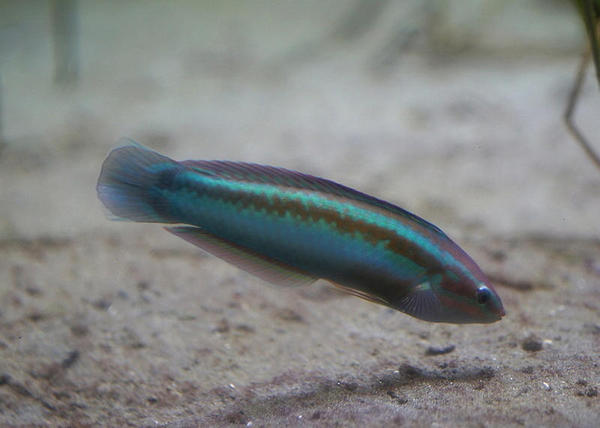Fish has long been lauded as a healthy protein source, rich in omega-3 fatty acids and essential nutrients.

However, like anything in life, moderation is key. In this feature story, we explore ten reasons why eating fish every day might not be the healthiest choice and why a balanced diet is essential.
1. Mercury Concerns: Many fish species, especially larger ones like tuna and swordfish, can accumulate high levels of mercury, which can be harmful when consumed excessively. Mercury poisoning can affect the nervous system.
2. Environmental Impact: Overfishing and unsustainable fishing practices have depleted fish populations and damaged marine ecosystems. Eating fish every day can exacerbate these environmental issues.
3. Risk of Allergies: Some individuals are allergic to fish or shellfish. Consuming fish daily increases the risk of allergic reactions, which can range from mild to severe.
4. Unbalanced Diet: Relying solely on fish for protein neglects other essential nutrients found in a diverse diet. A balanced diet includes a variety of protein sources like lean meats, poultry, and plant-based proteins.
5. Potential Toxins: Fish may contain toxins like polychlorinated biphenyls (PCBs) and dioxins, particularly in fatty fish. Regular consumption can lead to the accumulation of these harmful substances.
6. Sustainability Concerns: Overfishing threatens the survival of many fish species. Consuming fish every day contributes to unsustainable fishing practices.
7. Contaminated Waters: Fish harvested from polluted waters may carry harmful pollutants that can accumulate in your body over time, posing health risks.
8. High Costs: Depending on where you live, eating fish daily can be expensive. It’s essential to consider the financial implications of such a dietary choice.
9. Ethical Considerations: Some people choose not to consume fish due to ethical reasons, such as concerns about animal welfare and bycatch.
10. Cultural Dietary Diversity: Eating fish every day may not align with cultural dietary diversity, where a wide range of foods and flavors is celebrated.
While fish is undeniably nutritious and can be part of a healthy diet, it’s important to consume it in moderation and consider the potential drawbacks. A well-rounded diet that includes a variety of protein sources, along with fruits, vegetables, and whole grains, offers a broader spectrum of nutrients and reduces the risks associated with overconsumption of fish. The key to a healthy diet is balance, ensuring that you meet your nutritional needs while minimizing potential health and environmental risks.














